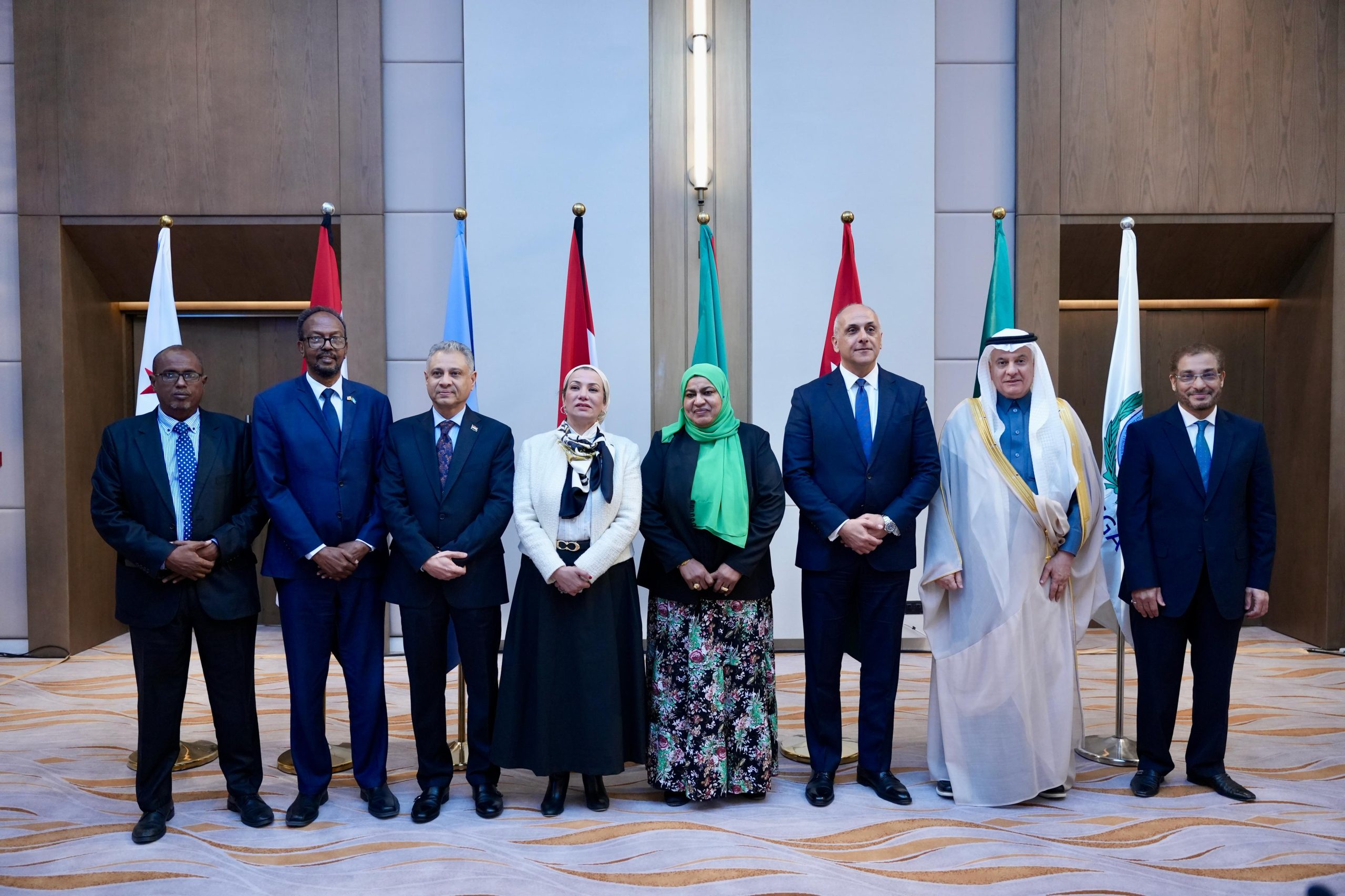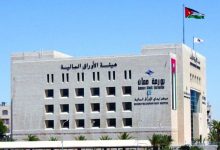Yemen participates in the regional council meeting for the preservation of the Red Sea and Gulf of Aden environment.
Yemen Participates in Regional Ministerial Meeting on Red Sea and Gulf of Aden Environmental Protection

The Republic of Yemen recently participated in the 21st session of the Regional Ministerial Council for the Protection of the Red Sea and Gulf of Aden, held in Aqaba, Jordan. This meeting brought together representatives from various member states to discuss critical environmental issues affecting the region.
Yemen’s Commitment to Environmental Protection
During the meeting, Yemen’s Ambassador to Jordan, Dr. Jalal Faqira, reaffirmed Yemen’s commitment to all decisions aimed at enhancing environmental protection measures in the Red Sea and Gulf of Aden. He emphasized the importance of strengthening relationships with member states in areas such as biodiversity conservation, eco-tourism, pollution control, and climate change adaptation. These efforts align with regional and international goals for marine environmental protection.
Acknowledgment of Regional Efforts
Ambassador Faqira praised the ongoing efforts of the Regional Organization for the Conservation of the Red Sea and Gulf of Aden (PERSGA). He highlighted the organization’s continuous support and its significant contributions to sustainable marine resource management. PERSGA’s initiatives have played a vital role in implementing environmental and developmental projects across the region, including in Yemen.
Addressing Environmental and Economic Challenges
The ambassador also addressed the environmental and economic challenges facing Yemen. He outlined the Yemeni government’s initiatives to combat illegal fishing through asset assessments and the development of national plans. Concurrently, Yemen is implementing a sustainable fisheries development project funded by the World Bank to protect endangered marine species and support relevant national legislation. He noted Yemen’s commitment to raising environmental awareness through community outreach campaigns and training programs. Additionally, the development of management plans for natural reserves, such as Al-Azizi and Ras Imran, aims to enhance regional and international efforts in marine resource protection.
Seeking International Support
Ambassador Faqira expressed hope for increased international support for the Yemeni government’s efforts, particularly in strengthening maritime monitoring infrastructure. He emphasized the need to empower local fishermen with sustainable alternatives to fishing and to actively participate in the implementation of the MARPOL Convention.
Commitment to Sustainable Marine Resources
Yemen remains dedicated to collaborating with regional partners to protect marine environments and ensure the sustainability of resources for future generations. The ambassador called for support to implement projects that improve the livelihoods of coastal communities while enhancing the optimal protection of natural marine resources and achieving food security.
Conclusion and Acknowledgments
In closing, Ambassador Faqira extended his gratitude to the Egyptian Minister of Environment for her efforts during Egypt’s previous presidency of the council. He congratulated the Jordanian Minister of Environment for leading the current session and thanked Saudi Arabia for its generous hosting of the organization as the headquarters country. He also commended the Secretary-General for effectively managing the organization’s executive files and congratulated him on receiving the trust of member states to continue leading the General Secretariat in the upcoming phase.
To follow the news in Arabic


